Lifestyle
15 Foods You Should Eat If You Have Diabetes
By Loren Gutentag · April 23, 2024
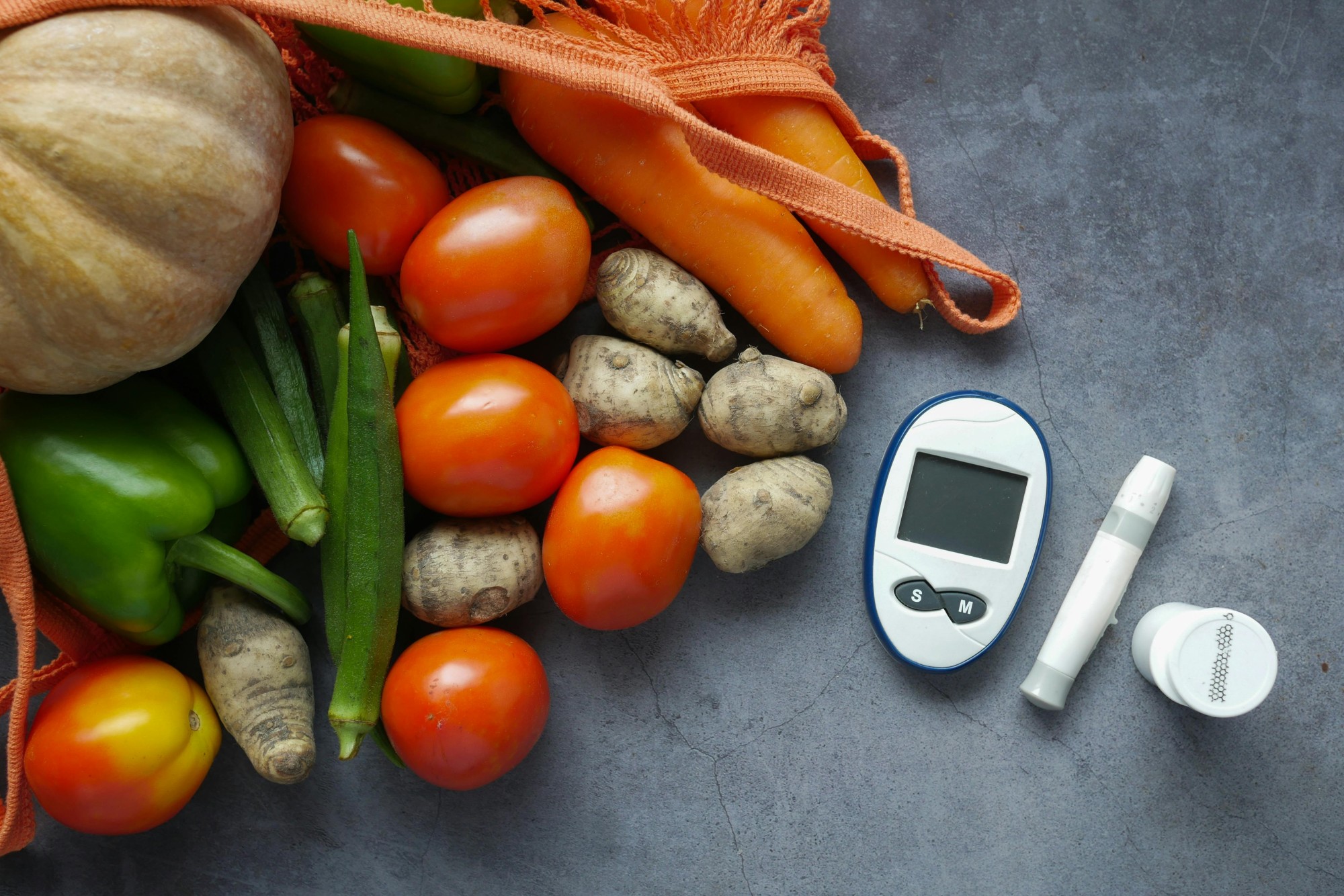
15 Foods to Help Control Blood Sugar
Do you have Type 1 or Type 2 diabetes and find yourself bored by the foods you’re eating? Being diagnosed with diabetes, albeit Type 1, Type 2 or even gestational diabetes, can be challenging when making food choices, but your options aren’t as limited as you may think.Changing your relationship with food is important, but that doesn’t mean you can’t eat the foods you love – and it certainly doesn’t mean cutting out all carbohydrates. According to the American Diabetes Association, your goal is to simply modify the carbs you eat!
When managing a diabetes diagnosis, typically you’re told “no, no, no,” but here are the top foods to say “yes” to while also keeping portion sizes at top of mind. Photo by Towfiqu barbhuiya
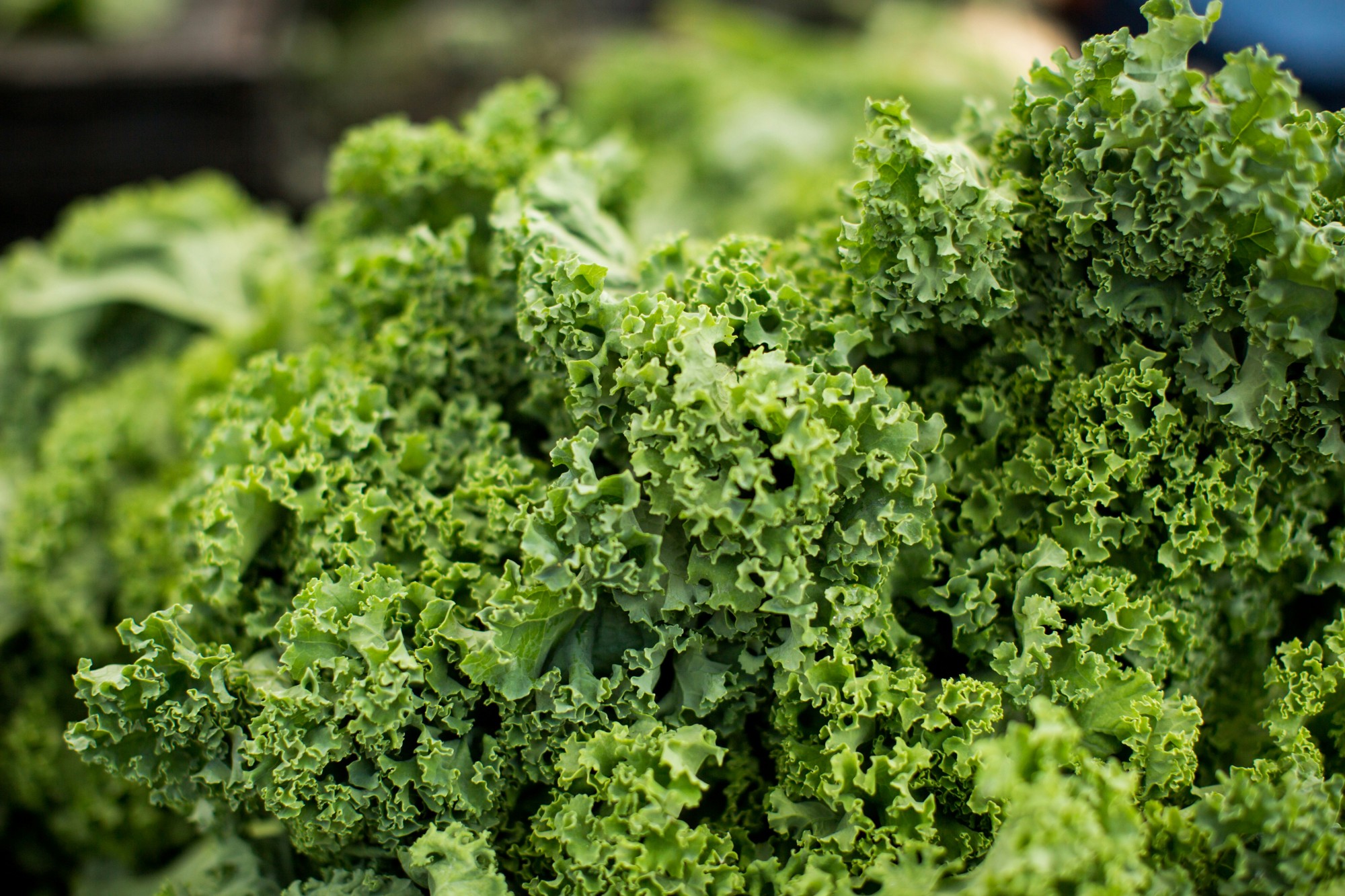
Non-Starchy Vegetables
These include leafy greens, like spinach and kale. Also, broccoli, cauliflower, peppers, and zucchini. These foods are low in carbohydrates and calories but rich in nutrients and fiber. Photo by Char Beck on Unsplash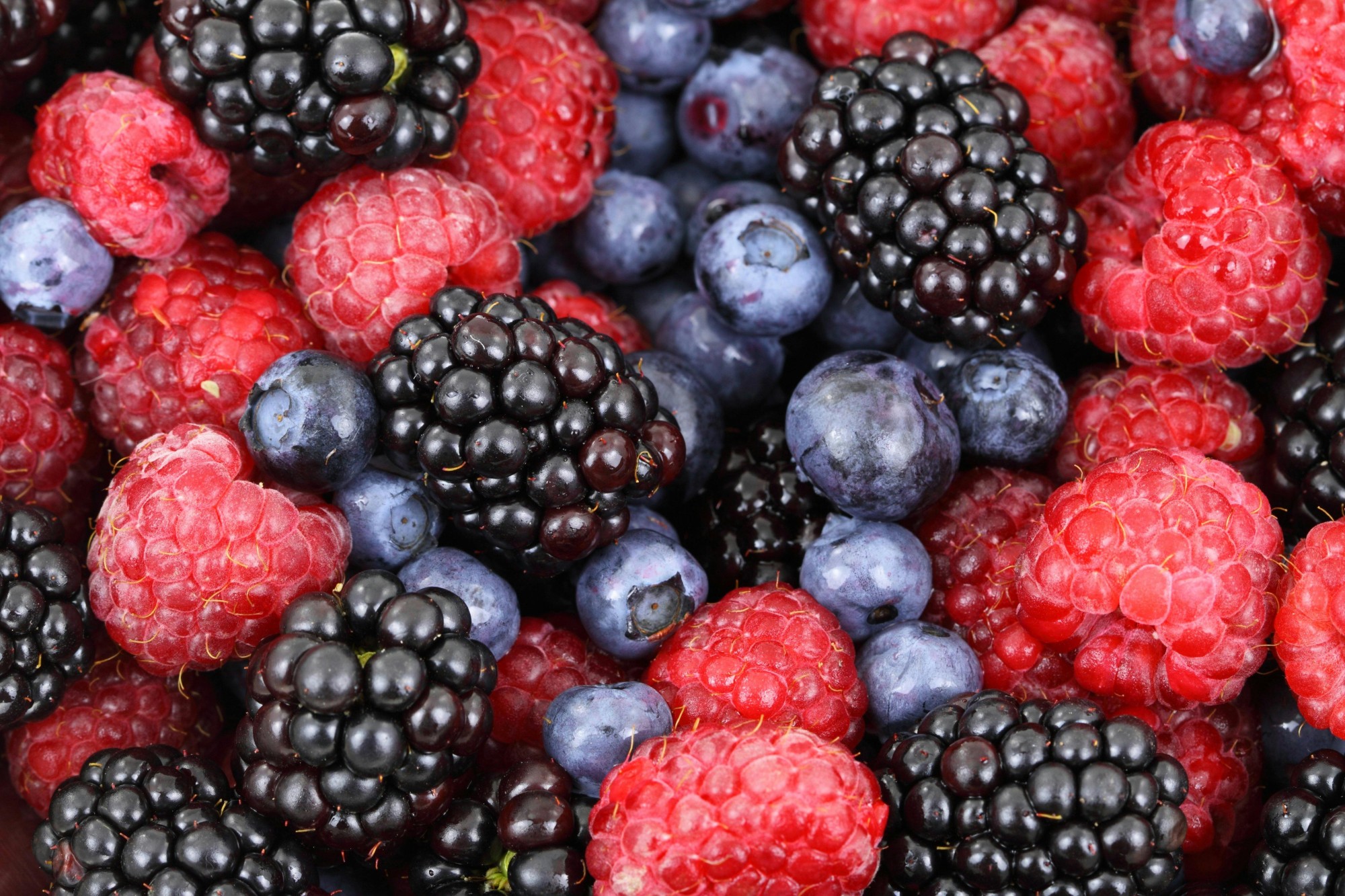
Berries
Strawberries, blueberries, raspberries, and blackberries are low in sugar and high in fiber and antioxidants. Photo by Public Domain Pictures: https://www.pexels.com/photo/blue-berries-close-up-photography-87818/
Whole Grains
Opt for whole grains like quinoa, brown rice, barley, and oats. They are high in fiber and have a lower glycemic index compared to refined grains. Photo by Markus Winkler on Unsplash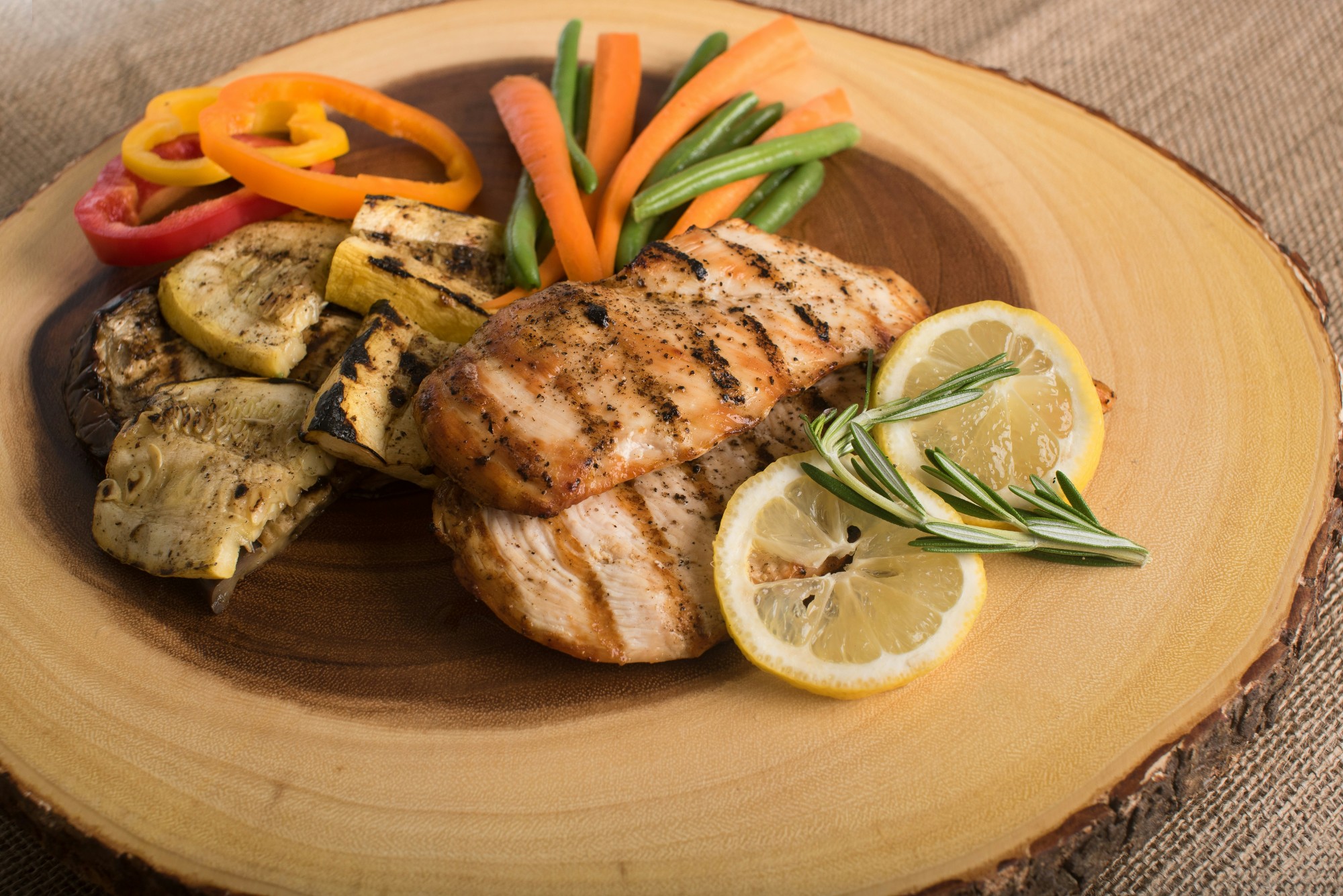
Lean Proteins
Proteins like skinless poultry, fish, tofu, and legumes. They help maintain muscle mass and keep you feeling full. Photo by Mark DeYoung on Unsplash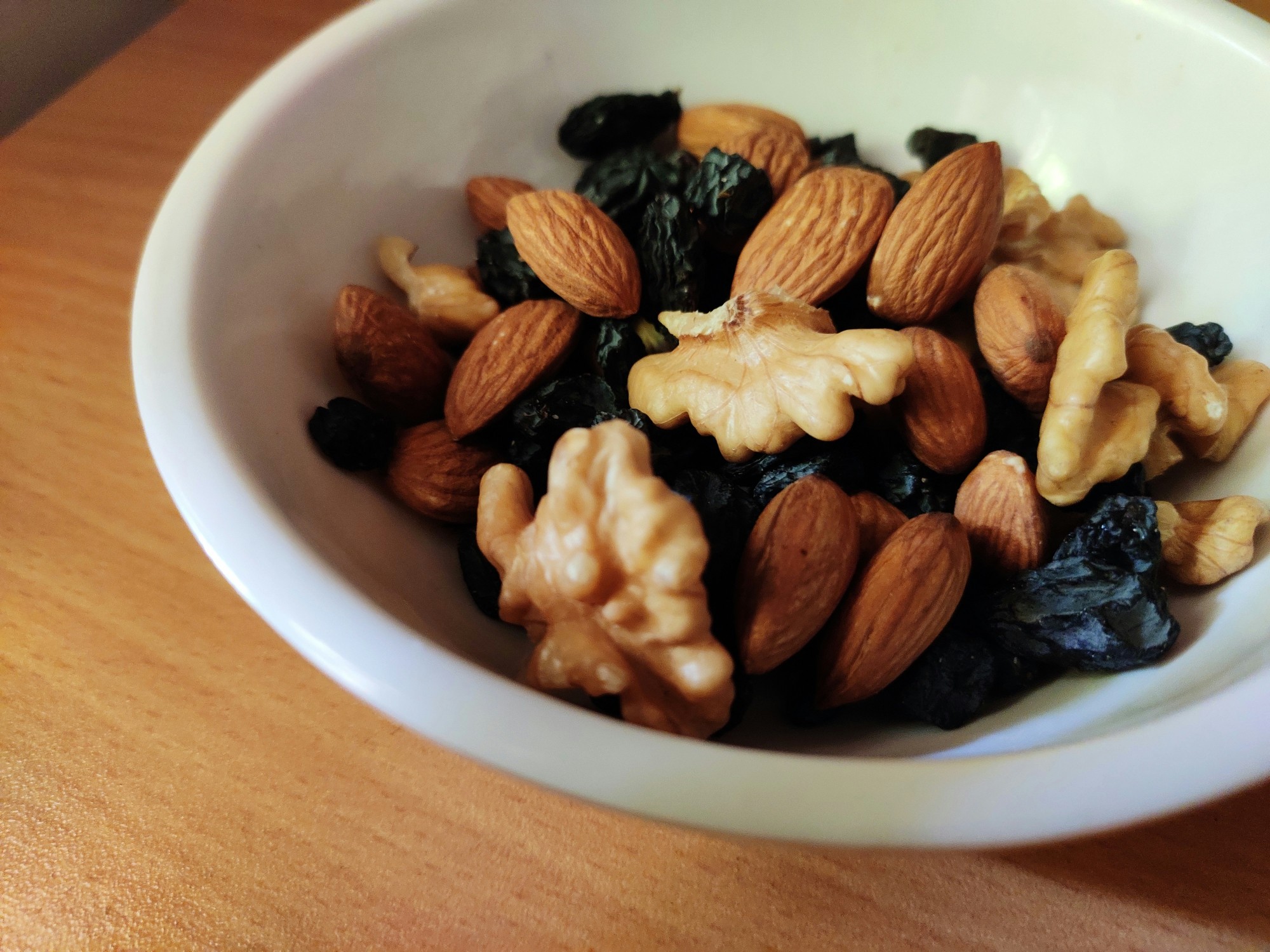
Nuts and Seeds
Almonds, walnuts, chia seeds, flaxseeds, and pumpkin seeds are excellent sources of healthy fats, protein, and fiber. They can help improve blood sugar control and heart health - BONUS! Photo by Pratik Bachhav on Unsplash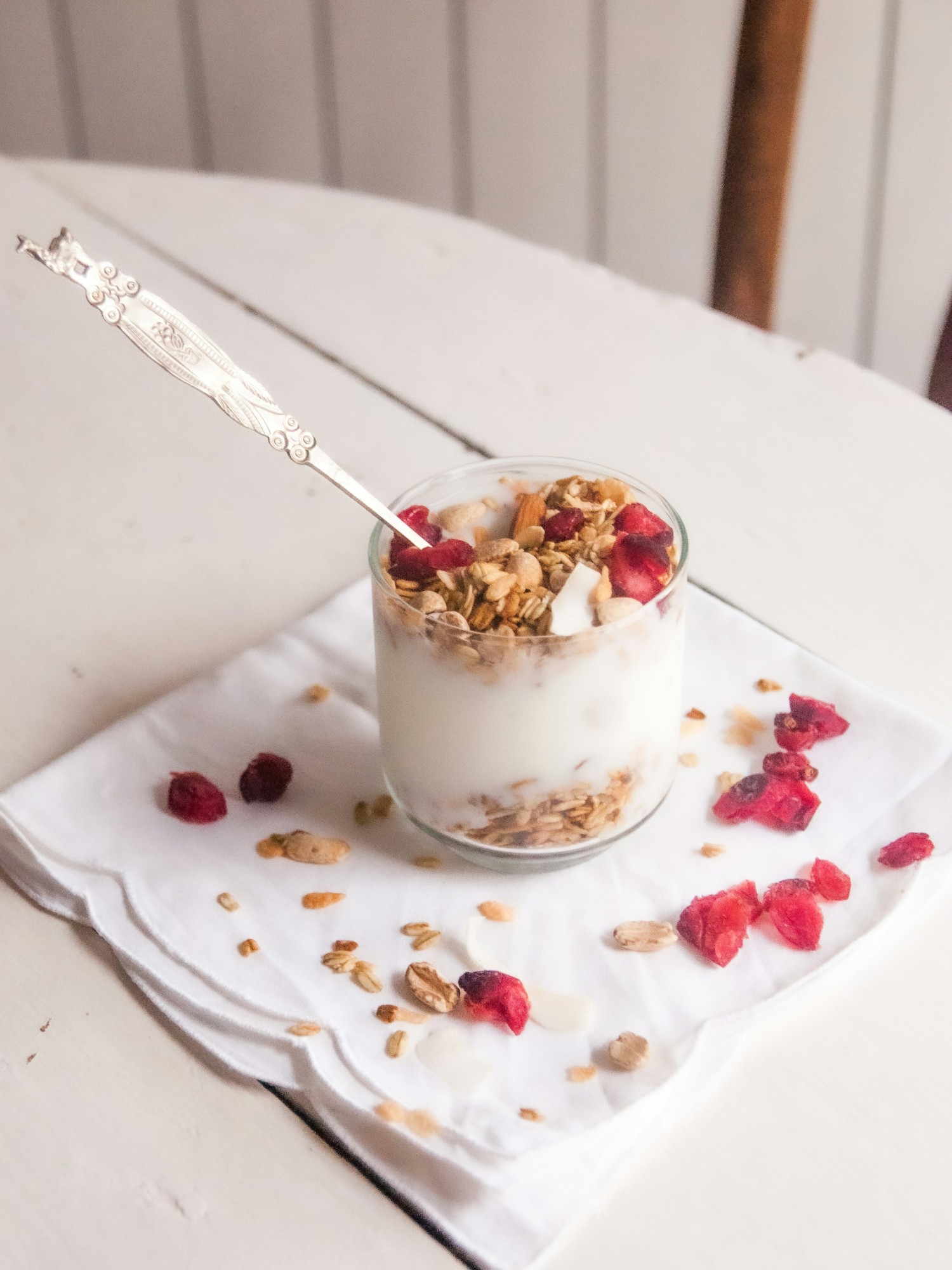
Greek Yogurt
Greek yogurt is lower in carbohydrates and higher in protein compared to regular yogurt. Choose plain, unsweetened varieties and add your own toppings like berries or nuts. Photo by Delfina Cocciardi on Unsplash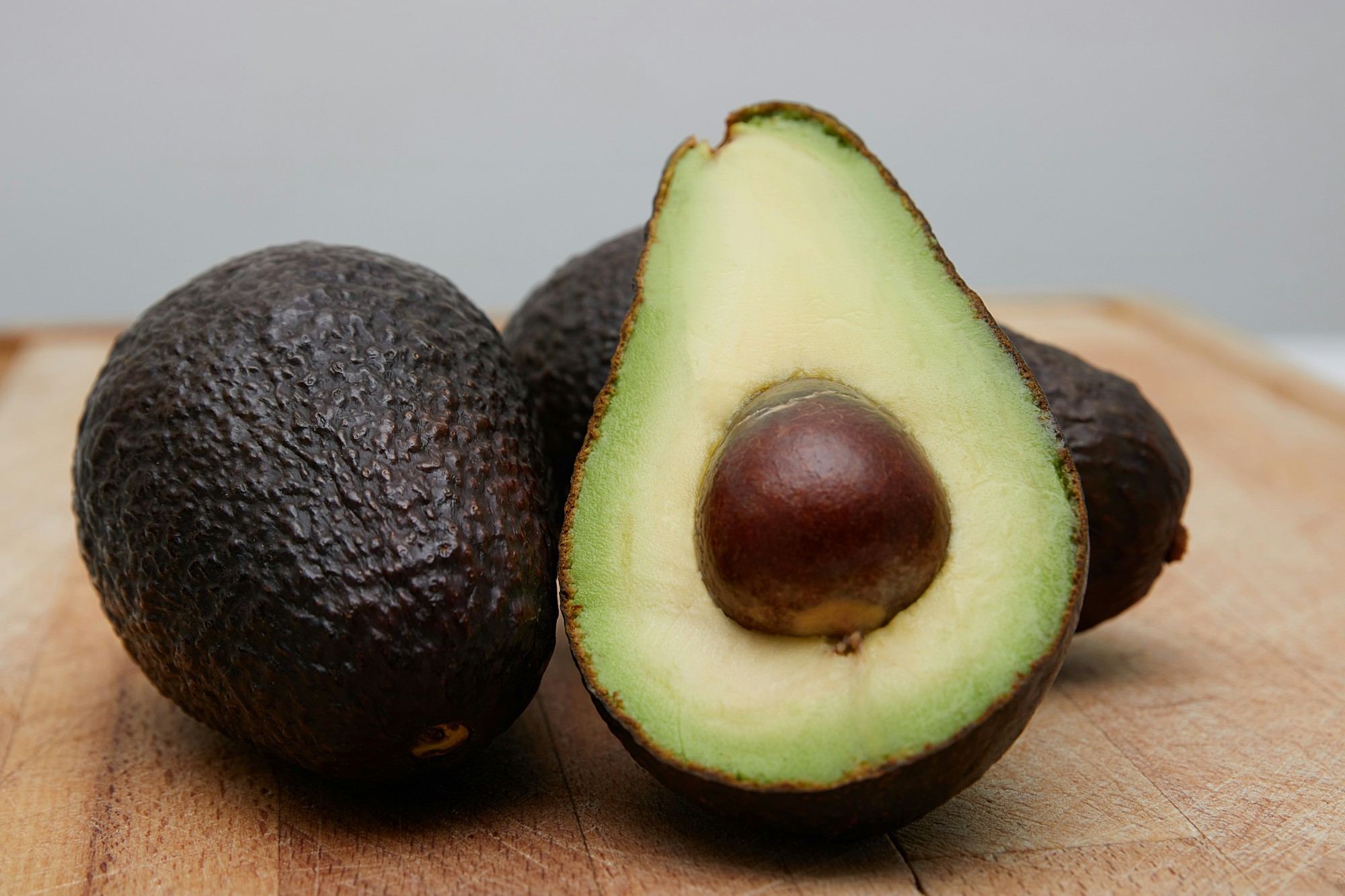
Avocado
Avocado is a nutrient-dense fruit rich in healthy fats, fiber, and potassium. It can help improve insulin sensitivity and reduce the risk of heart disease. Photo by Gil Ndjouwou on Unsplash
Eggs
Eggs are a great source of protein. They are also low in carbohydrates and can help stabilize blood sugar levels. Photo by Marga Santoso on Unsplash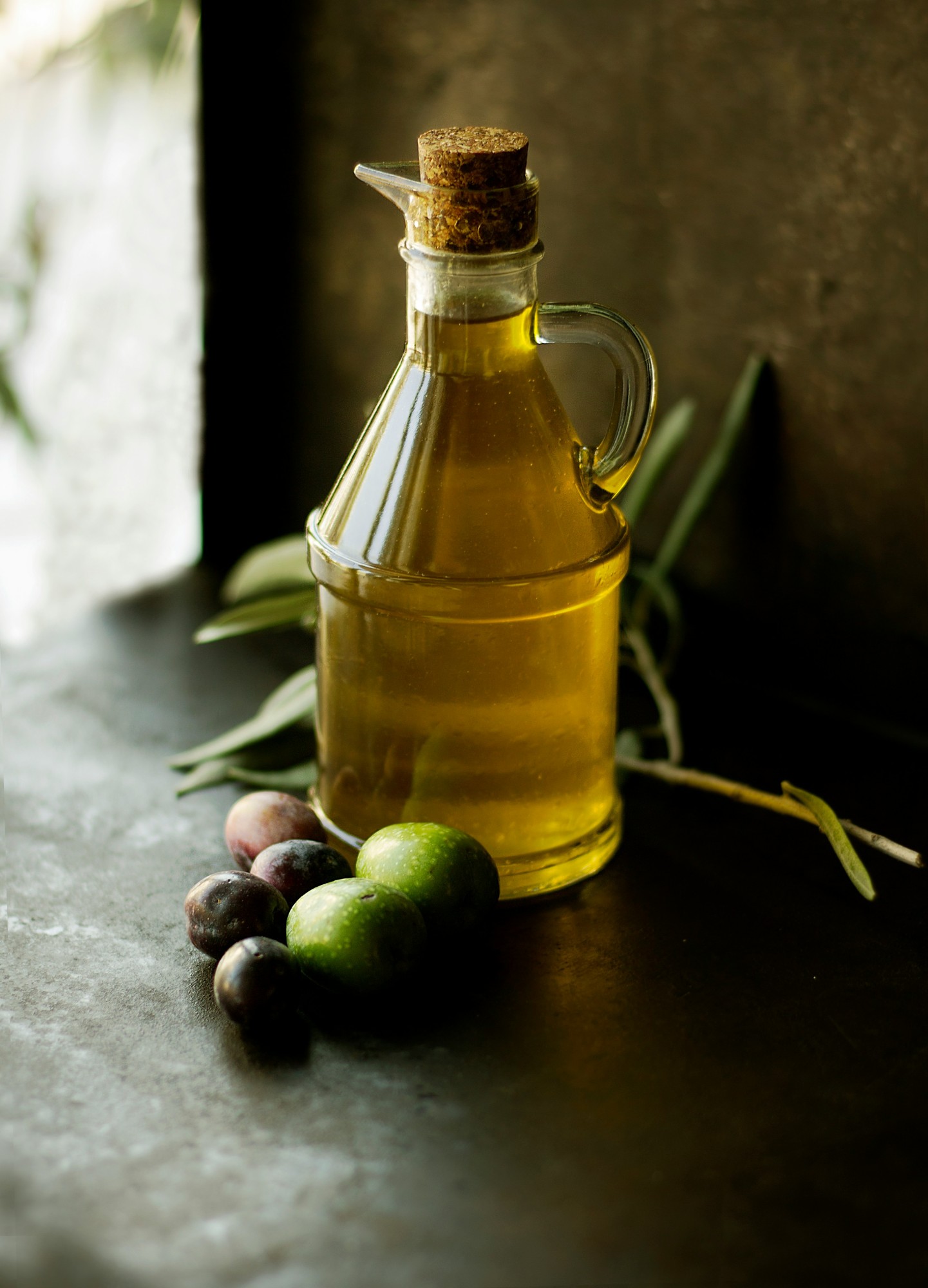
Olive Oil
Use olive oil as your primary cooking oil. It contains monounsaturated fats, which may improve insulin sensitivity and reduce inflammation. Photo by Roberta Sorge on Unsplash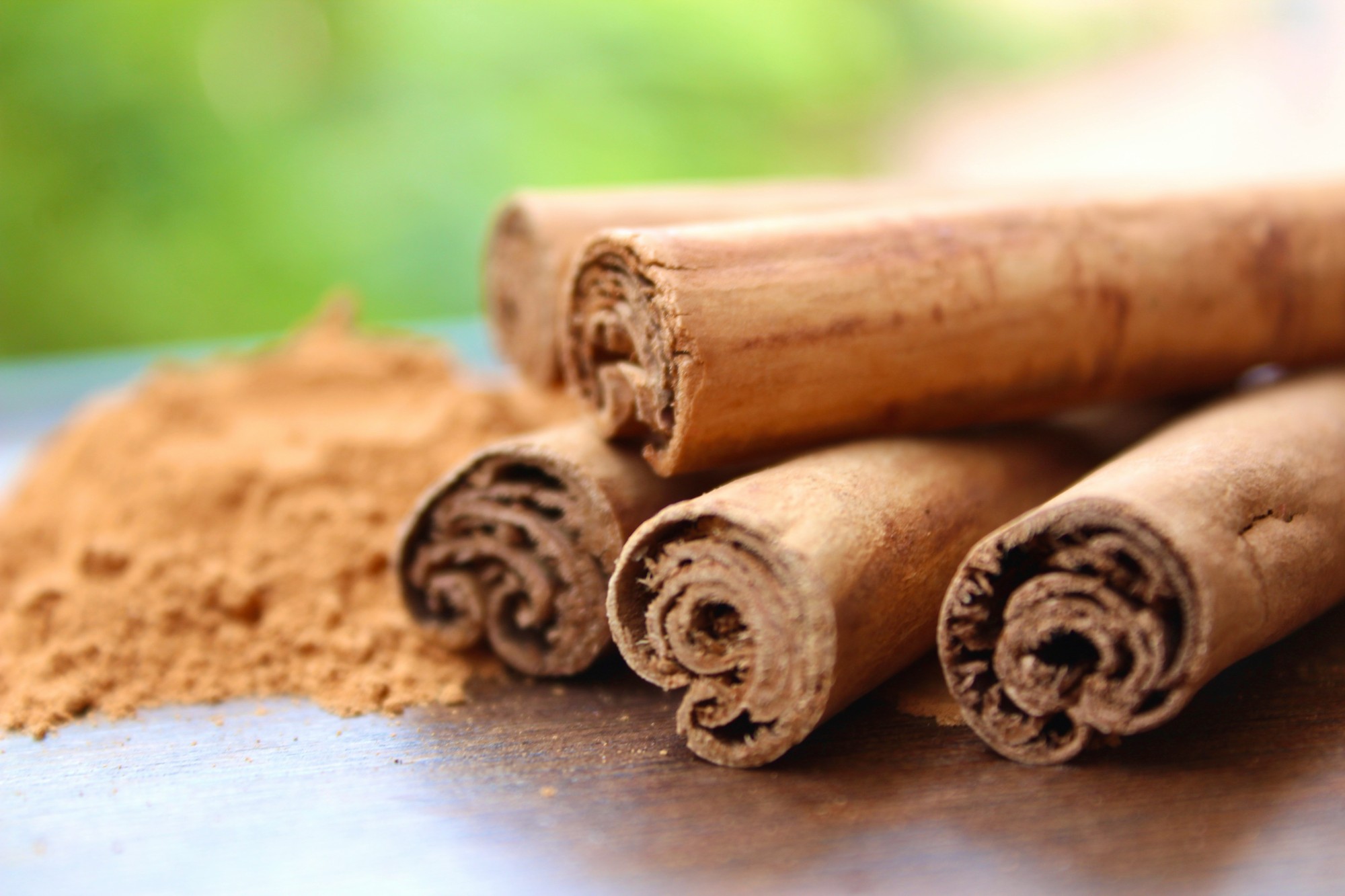
Cinnamon
Cinnamon has been shown to improve insulin sensitivity and lower blood sugar levels. Photo by Rens D on Unsplash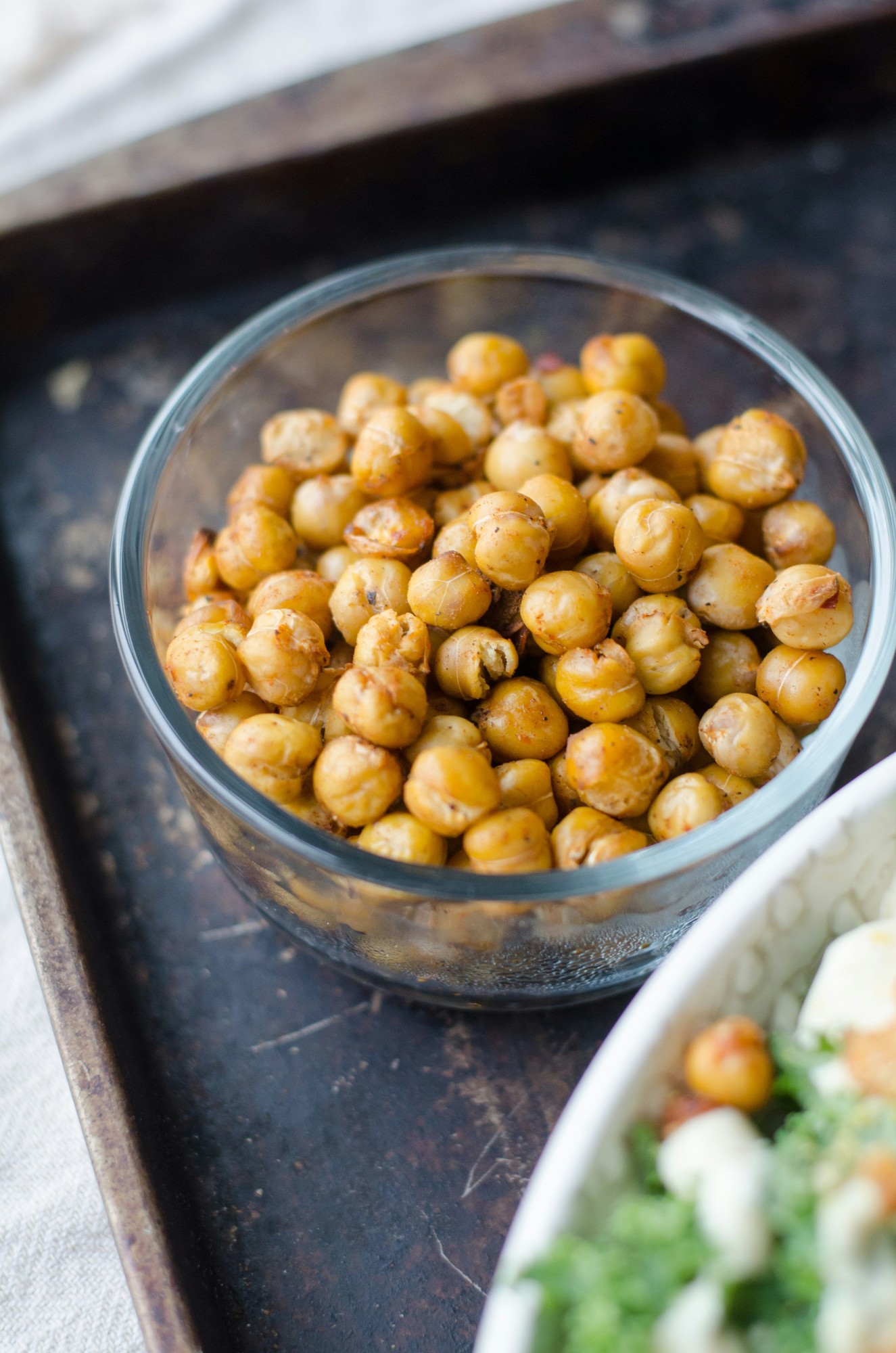
Legumes
Beans, lentils, and chickpeas are high in fiber and protein, making them excellent choices for managing blood sugar levels. Photo by Deryn Macey on Unsplash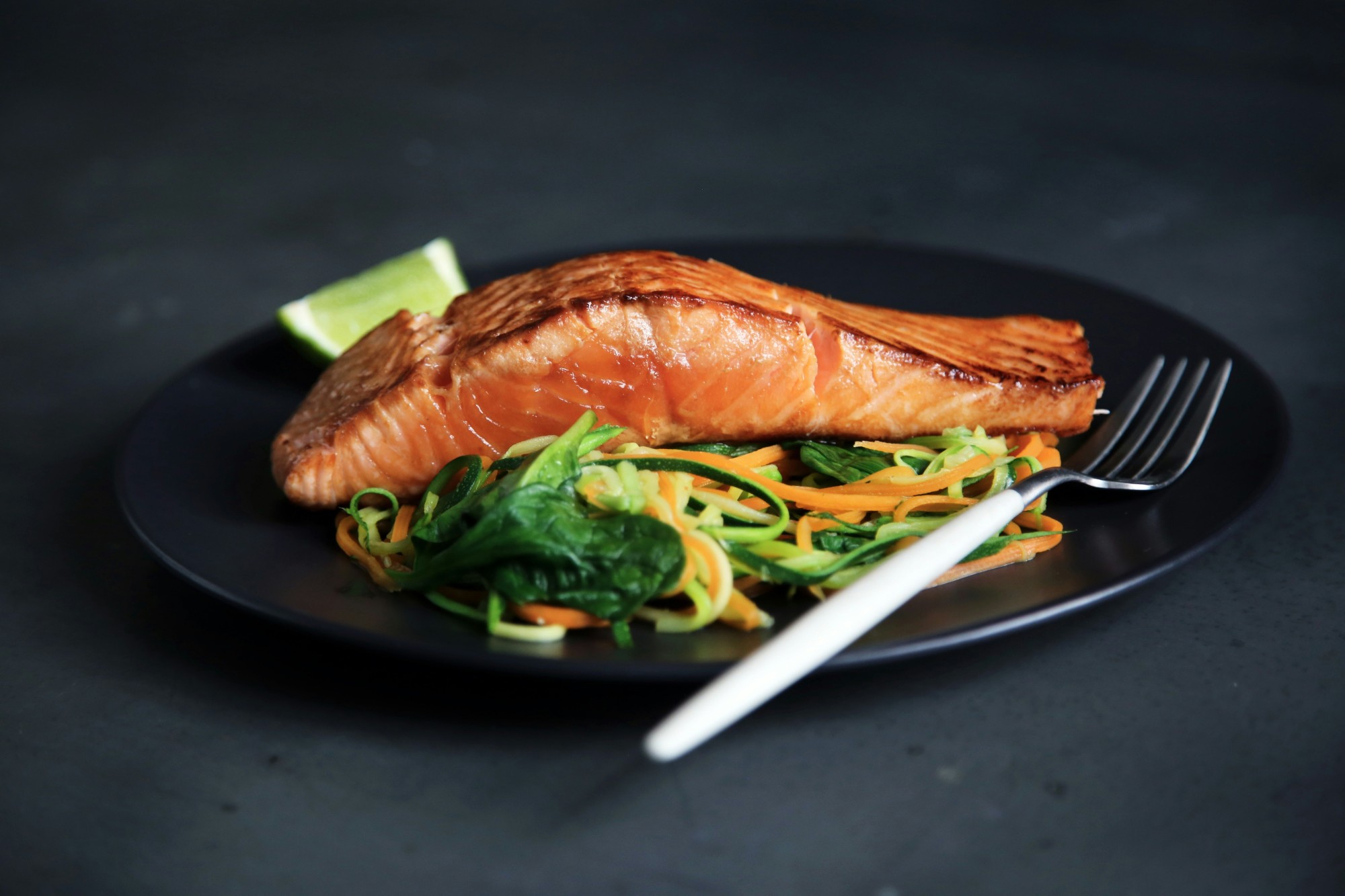
Fish
Fatty fish like salmon, mackerel, and sardines are rich in omega-3 fatty acids, which have been linked to improved heart health and reduced inflammation. Photo by Caroline Attwood on Unsplash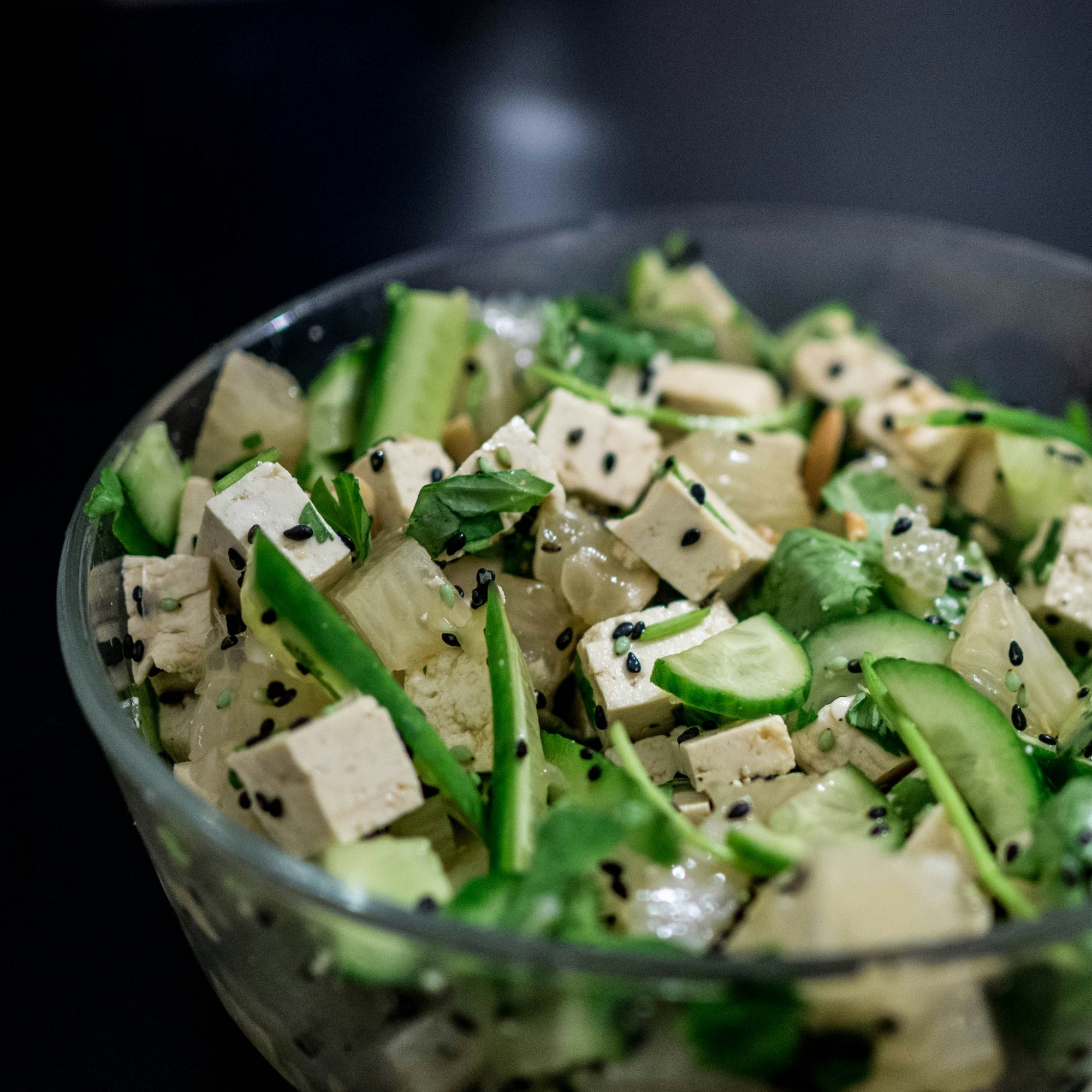
Tofu
Tofu is a plant-based protein that is low in carbohydrates and can be used in a variety of dishes as a meat substitute. Photo by Yoav Aziz on Unsplash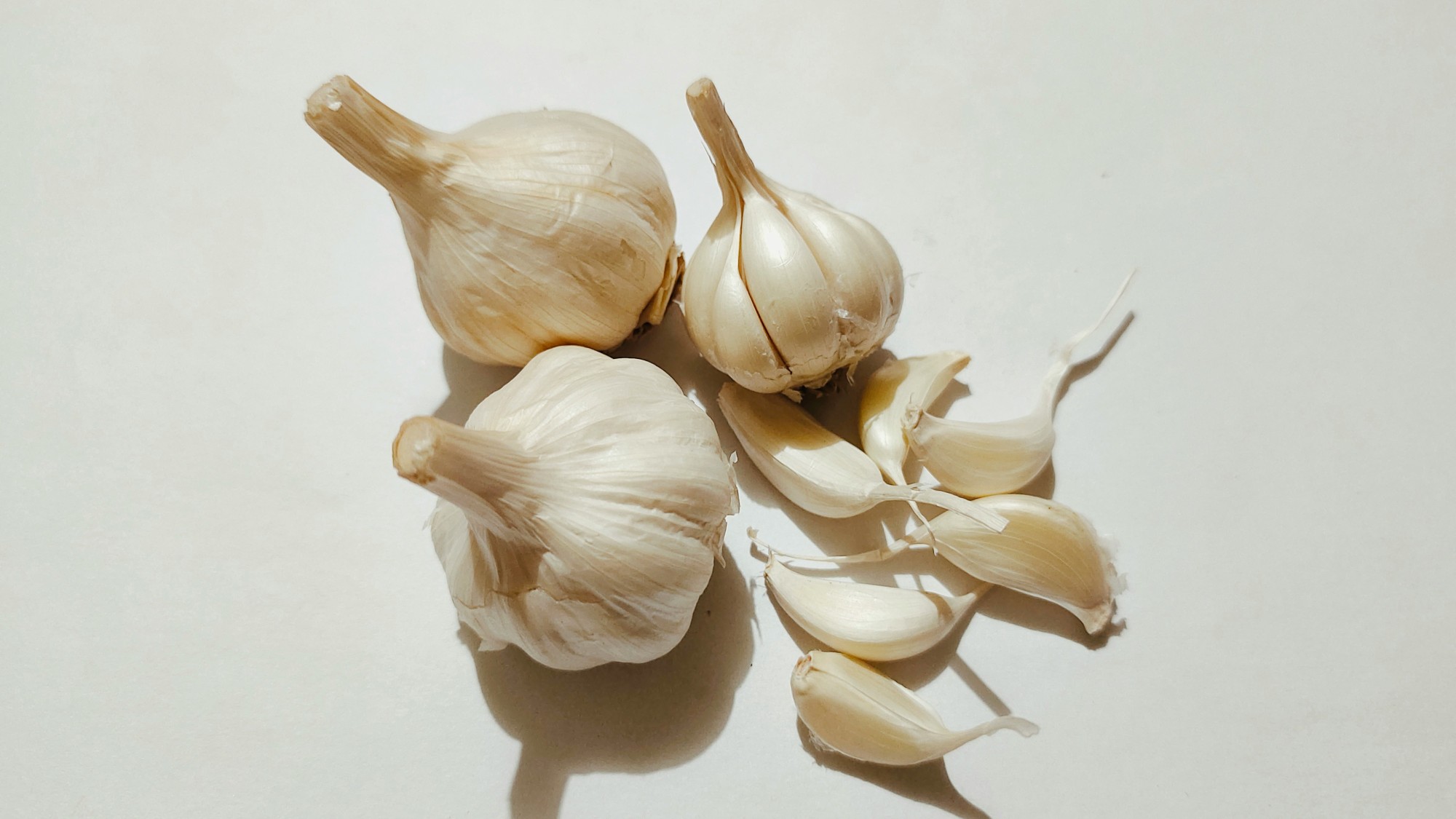
Garlic
Garlic contains compounds that may help improve insulin sensitivity and reduce inflammation. Add it to your meals for flavor and health benefits. Photo by Surya Prakash on Unsplash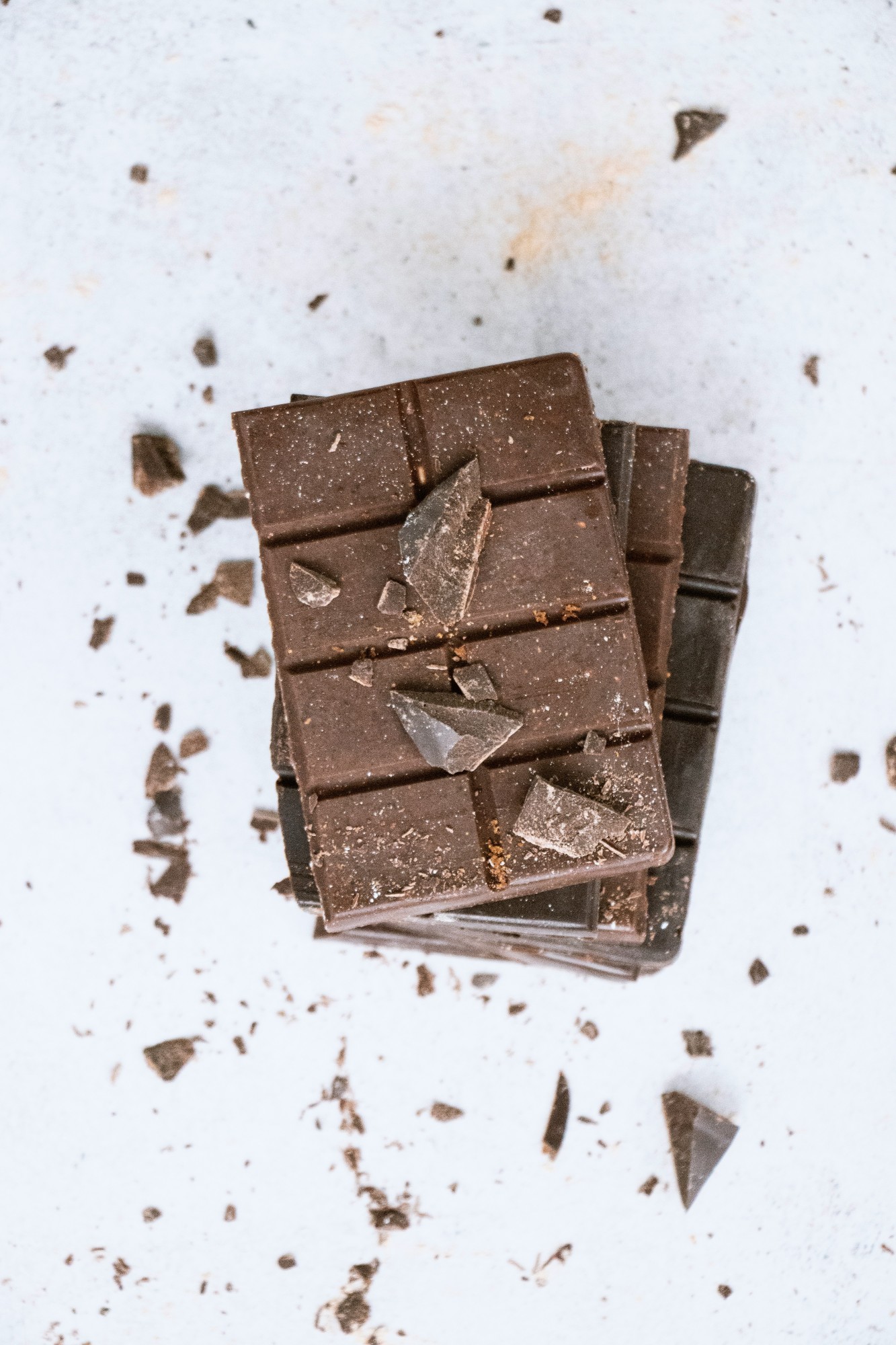
Light Wave commentary
(This content was created with the help of AI, and edited by a human.)